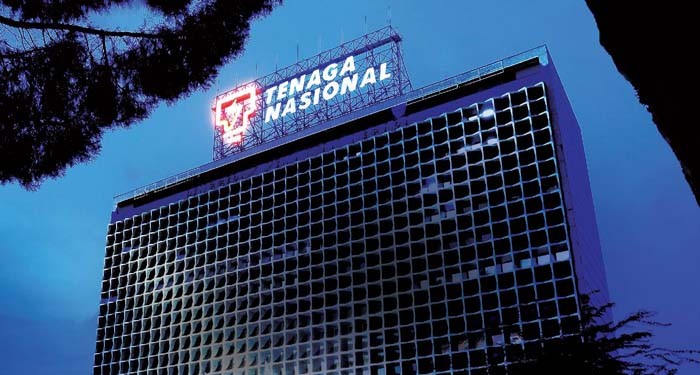KUALA LUMPUR, July 4 — A comprehensive solution that is holistic and collaborative is vital to effectively navigate the complexities of the global energy transition (ET).
In making the call, Tenaga Nasional Bhd (TNB) chief executive officer Datuk Baharin Din said that in today’s electricity industry, it is vital to adopt a perspective that encompasses both cross-sector and cross-country considerations.
This approach enables us to optimise resources, capitalise on economies of scale and effectively manage the substantial capital expenditure involved that will facilitate informed decision-making for a sustainable and efficient ET.
“Many expect a rapid and complete transition to renewable energy (RE), but the reality is more complex and challenging.
“For Asean, as a developing region, we have the responsibility to balance the energy trilemma to ensure the security of supply and affordability for our customers,” he said in a statement today.
Baharin pointed out that between 2018 and 2050, Asean would require US$7 trillion or US$220 billion annually in terms of investment in ET to reach net zero carbon emission.
For the same period, TNB would require between RM440 billion and RM450 billion of capital expenditure (capex) to pursue its own Responsible Energy Transition agenda for Malaysia.
Given that a substantial amount is required as capex for ET, he stressed that cross-sectoral solutions would help optimise resources while meeting everyone’s needs in reaching one’s ET goals.
“Thus, the government plays a crucial role in establishing clear policies and in providing investment and coordination across sectors to facilitate ET,” Baharin said.
On regional interconnection, Malaysia and Asean are eager to gain similar benefits from cross-border trade as their counterparts in Europe where such regional collaboration had delivered an estimated 34 billion euros while helping to smoothen price volatility.
He said the common understanding of the criticality of ET over these past three years has helped push the Asean region to accelerate its interconnection programme that has been stalled for over 30 years.
“The interconnection will help open doors for investment in generation and grid, which will help strengthen the security of supply to the region.
“We have 7.7 GW of existing interconnections, but power trade is primarily done bilaterally through power purchase agreements and interconnection agreements,” Baharin said.
A comprehensive approach to ET would avoid duplication and allow the pooling of resources, expertise and innovative ideas from various sectors, leading to more effective and sustainable solutions.
It will also address multifaceted aspects of the transition, including technological advancements, policy frameworks, societal impacts and environmental considerations, he said.
— Bernama





